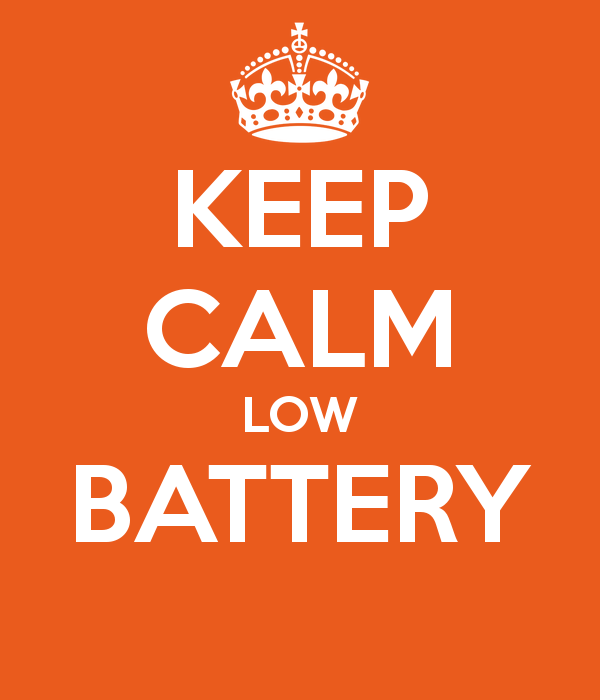And so, going public with my depression does not mean my life is now full of rainbows and sunshine (I do wish!) It also does not mean that I have “recover-ed”, but am “recover-ing”.
These past months were a good reminder that I cannot afford to take my sanity for granted.
And so, by God’s grace, I’ve reclaimed enough energy to write this piece which has been on my heart for a while.
Energy issues—how do we meet the demands of work, family, community and self, without burning out?
Our threshold (or stamina) for different activities varies from person to person. Needless to say, the more stressful an activity/event, the more energy it requires.

Here are some ways, which I personally found useful, in ensuring we do not work ourselves into an “energy deficit”:
1. Have a diary or planner
Smartphone or a physical planner, having a visual representation of our week’s activities helps in spacing out our activities.
Scheduling allows us to discover our personal Goldilocks “just right” quotient so we don’t have too little to do that we become restless, or have too much that we become overwhelmed.
2. Identify & moderate your stressors
My therapist recommended this exercise for me: Start with a schedule that has only 1-3 items for the day, gradually adding more items over time. Then check off those that were actually done. Add numbers (-10 to +10) to measure mood levels before and after the activity, with the ‘-‘ being unhappy and ‘+’ being happy.
I had such a poor sense of “self” back then that I couldn’t figure out how much is too much when it came to work. More often than not, I would overwork. This exercise has helped me regain my self-awareness on what brings about good, manageable stress (eustress), and what packs on the bad stress (distress).
3. Create buffer zones
Once we identify which are major stressors and/or energy sappers, we can create sufficient breathing space within our week.
For example, on days when I deliver a talk to an unfamiliar audience, I make sure I have half a day to relax before the event, and then take another day off to rest after, if possible. Or if I’m meeting someone to support them, I would set aside a few hours before and after to rest my mind and settle my emotions.
4. Learn to say ‘no’
We hear this all the time because it is SO important. As tempting as it is to pack in just one more meeting or one more appointment, or one tiny errand—learn to say no, especially if our plate is already full and we are losing track of time. It’s impossible to go to every social gathering or take on every collaboration. It takes practice and discipline, but it’s worth the effort in the long run.
5. Boost those energy stores
Not talking about flubber here.
You see, no one is born with fixed levels of energy. Our capacity to do stuff can get depleted when we’re down with the flu, bad weather, or it can be increased when we are motivated (or had too much sugar/caffeine).
In other words, energy levels are dynamic, fluid, fluctuating.
Getting a good night’s sleep, a balanced diet, and sufficient exercise can do wonders for increasing our activity thresholds. Small practical conveniences like taking a taxi once in a while, or eating out instead of cooking a meal can make a huge difference when it comes to rationing energy. Also, incorporate pleasant activities into your schedule–watch Youtube videos of animals, eat ice cream, take a quiet walk, paint, journal… anything that makes your heart sing.
6. Remove negativity from your life
These sap mental energy. There will always be those who will never understand you. And there are always naysayers who will do nothing but criticise your best efforts and second-guess your intentions.
To quote Frozen: Let it go.
Forgive, and move on. Do not let their toxic sentiments weigh you down and sap your strength.
To paraphrase my therapist – “Why should you take on other people’s trash anyway? If something isn’t true and does not benefit you, then it’s garbage.”
Living a life with low/limited energy doesn’t mean that we should avoid stressful activities altogether, or that we’re doomed to a life of low productivity.
We can learn to manage and maintain our energy stores more effectively. We can even stretch those boundaries, but within reasonable limits.
As always, I write about things that I struggle with as a way of turning them into something meaningful or helpful. So whenever I feel despondent, I’d write about hope. Or when I’m discouraged, I’m inclined to write about motivation. This piece is no different.
I know I don’t have it altogether and do apologise for lapsing in my articles these past few months. As mentioned in this piece, I’ve been trying to catch my breath and regain balance since, and it’s tough when you’re managing so many things at once while coping with your own condition.
My heartfelt thanks goes to my readers who have been so supportive, understanding and kind despite my ‘story’ absence here (I still regularly upkeep Tapestry’s Facebook page though).
As for the negative cynics, I do wish you well. I understand that you are hurting. I know what that’s like because, so am I. May you find the peace and comfort you need.

